EduTech’s Video Report for Shree Jana Jagriti School in Lamjung
Hope is a key ingredient to education. Providing hands-on computer skills does just that for rural students in remote parts of Nepal. KISC EQUIP has partnered with EduTech Nepal to build computer labs in its partner schools. There have been eight total computer labs built since this partnership was formed. This accomplishment could not have been achieved without the generous support from funding partners and EduTech’s robust expertise. Most of all, each school has petitioned and contributed on its end to see these built.
The partnership is a three-way relationship. Each school is responsible for paying for the construction of the furniture that must be very specific and follow other criteria to have a computer lab built. KISC EQUIP provides ongoing training for both ICT teachers and regular teachers on how to integrate technology into their curriculum.
Three computer labs have been built in Lamjung in the past month. We have aimed for five more labs to be built this year and look forward to offering students in these remote setting experience with ICT that they would otherwise not experience hands-on. We are always looking for more funding partners to make this possible. If you’re eager to provide tangible hope to these rural communities contact KISC EQUIP at equip@kisc.edu.np.
So far we’ve received some large donations to fund each lab. However, what would it look like if we built the lab from individual donations? This could mean 20 people giving about $125 for each monitor. This could be a class of students feeling led to provide the technology they already have to a school in Nepal that can’t provide the same. Hope comes from all directions and in all different sizes. How can you help?
The first time many of these students have interacted with a computer.
Teachers learning how to use the computers at a new lab in Lamjung to integrate ICT into their subjects.

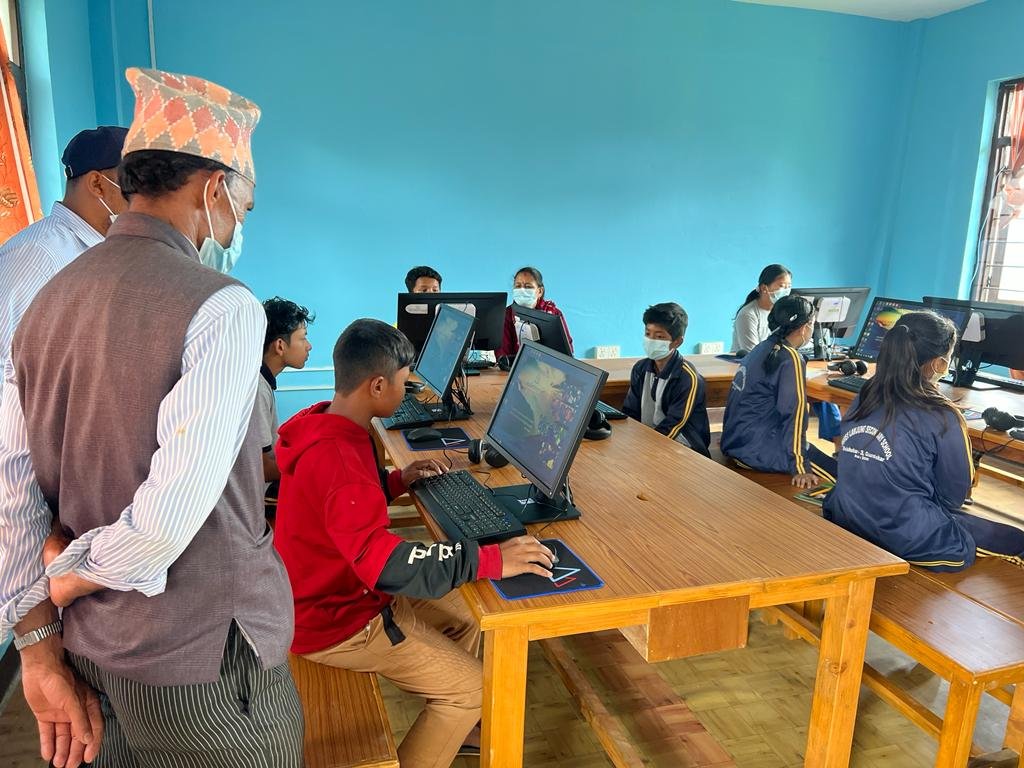




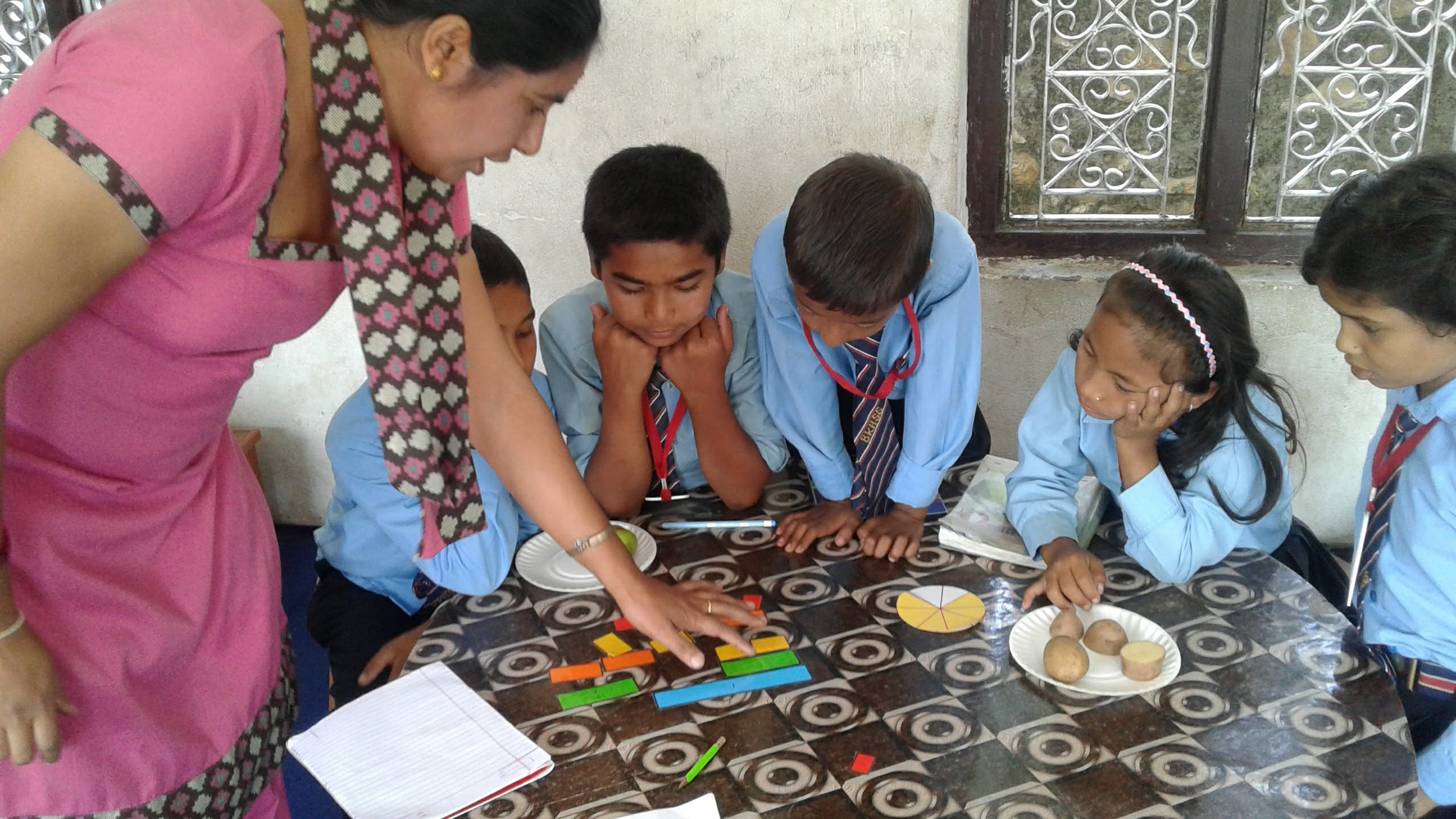
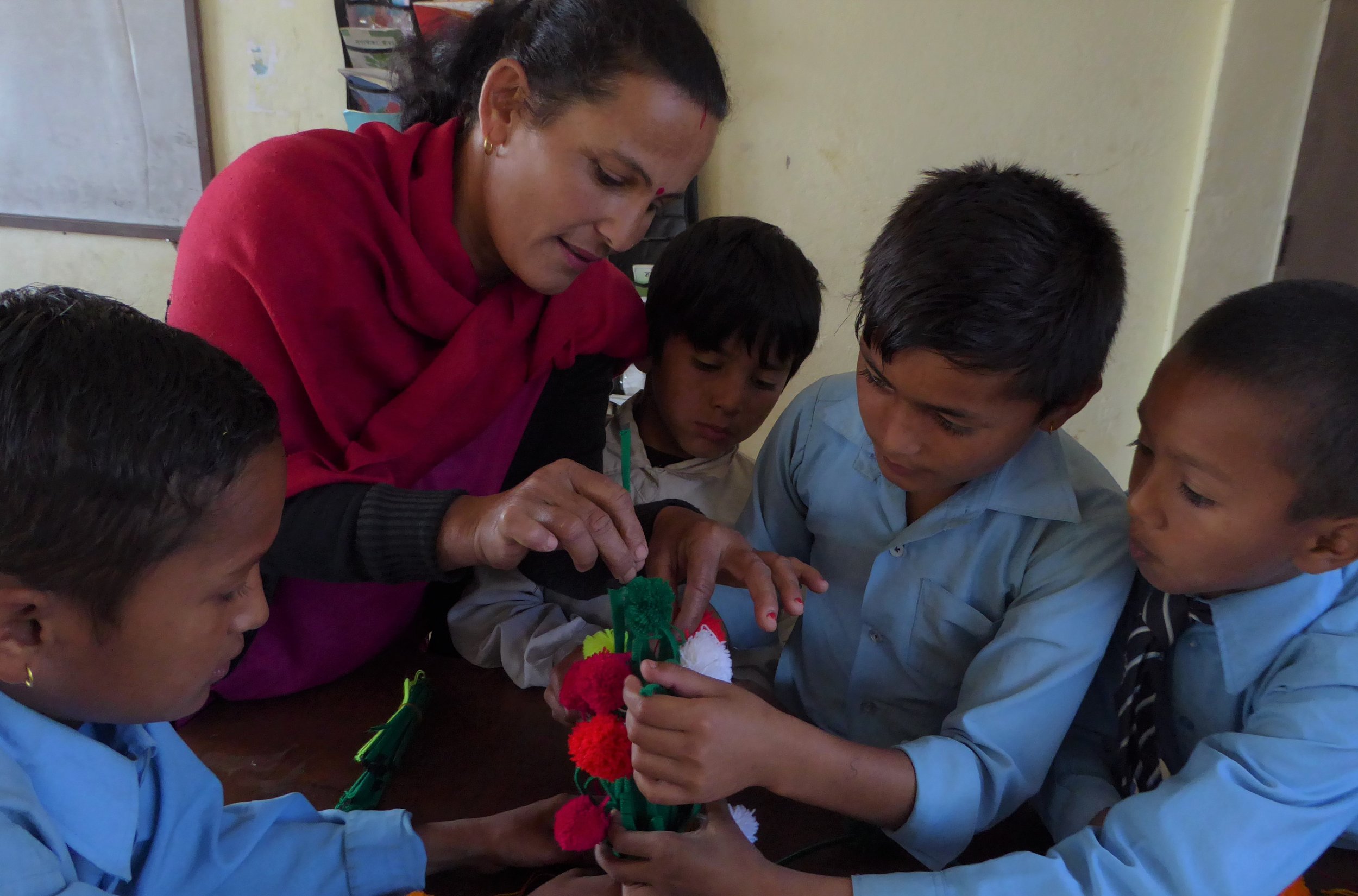
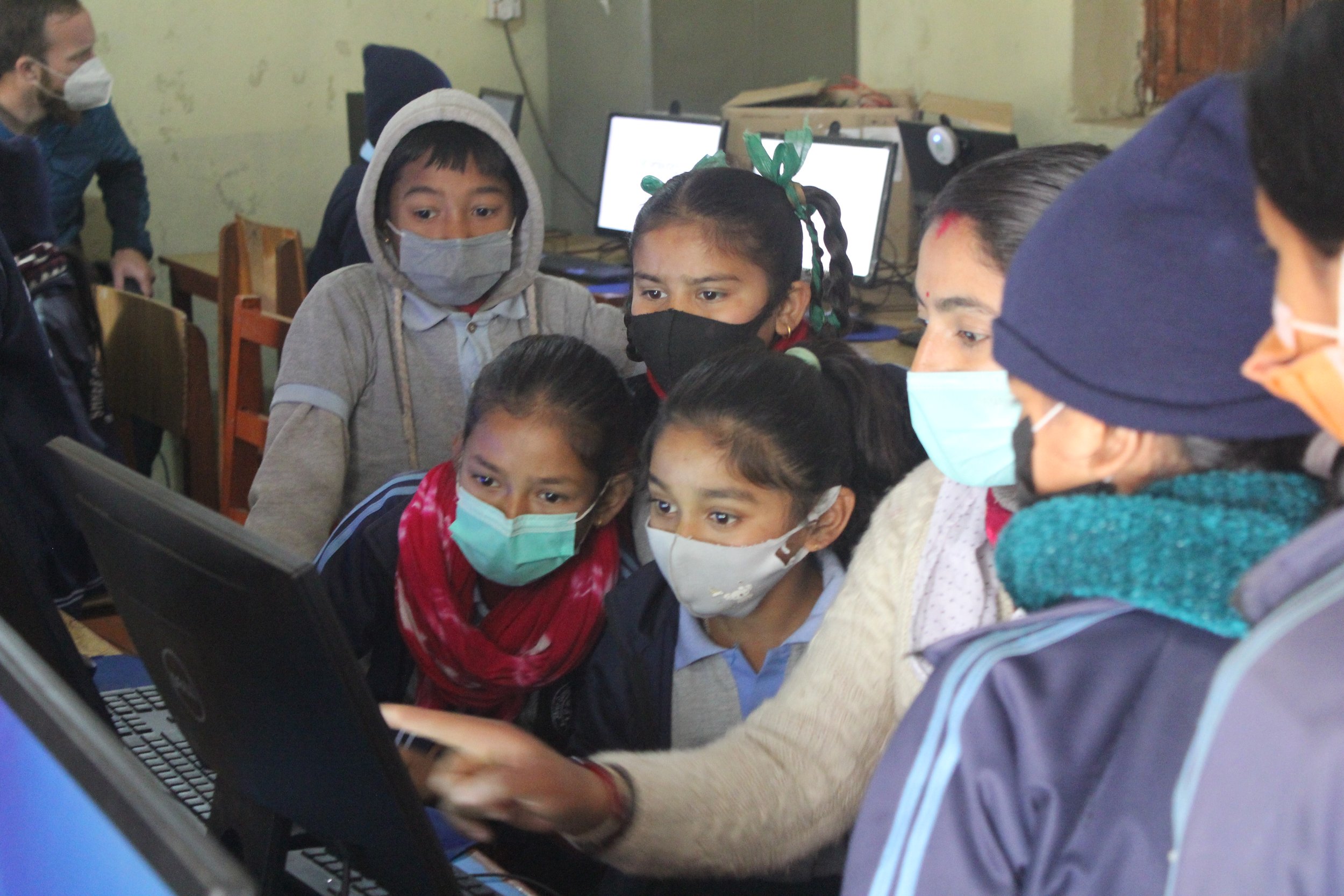
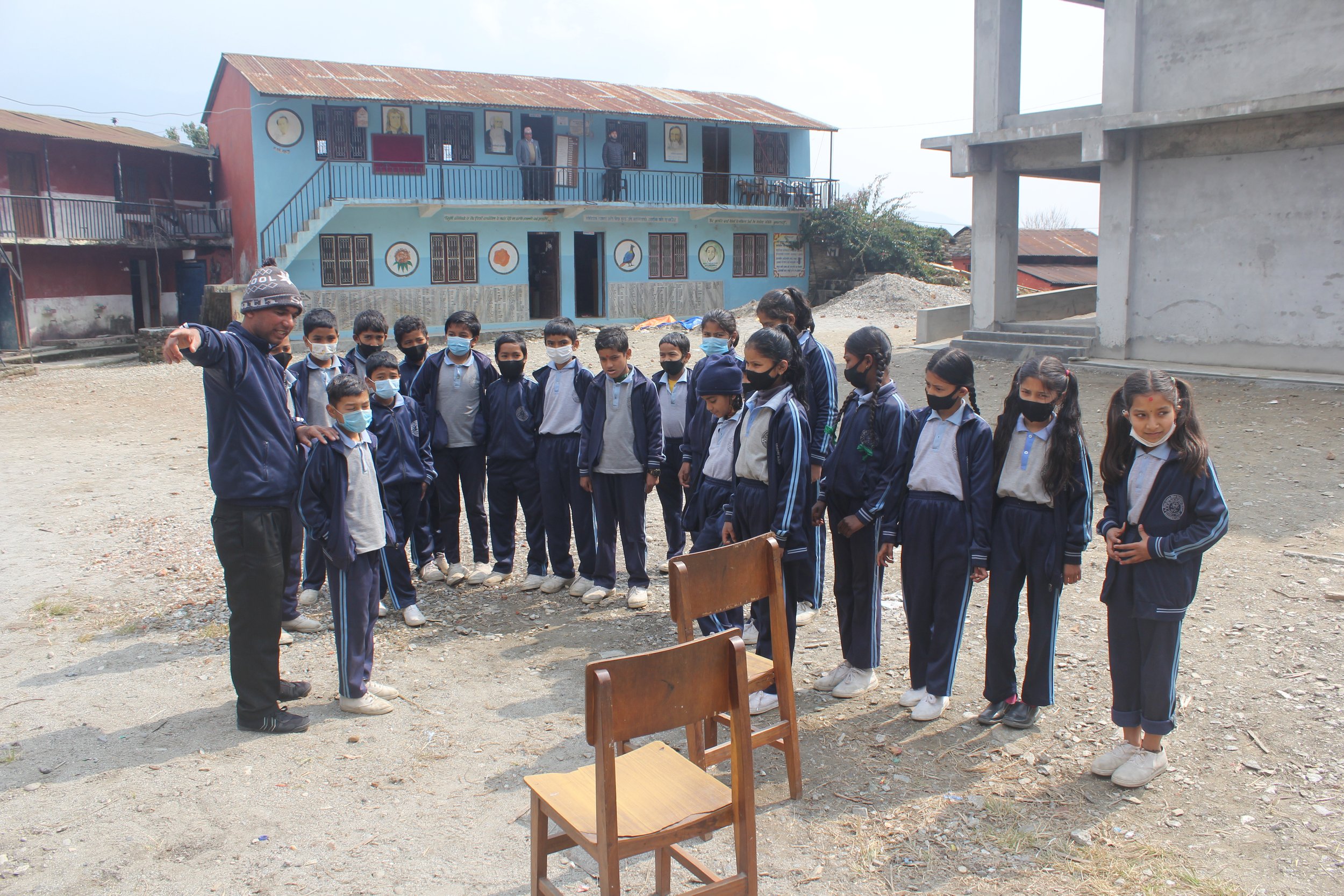




![EQUIP+Feeding+Programme+1+[800x600].jpg](https://images.squarespace-cdn.com/content/v1/56c1852b86db4351af24e25b/1598022111809-JD9IOFL01RBIZ34B8Y0X/EQUIP%2BFeeding%2BProgramme%2B1%2B%5B800x600%5D.jpg)









